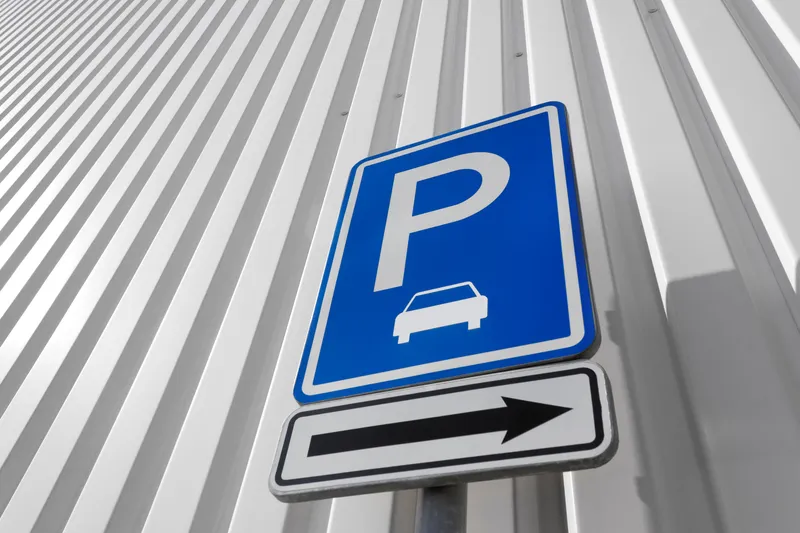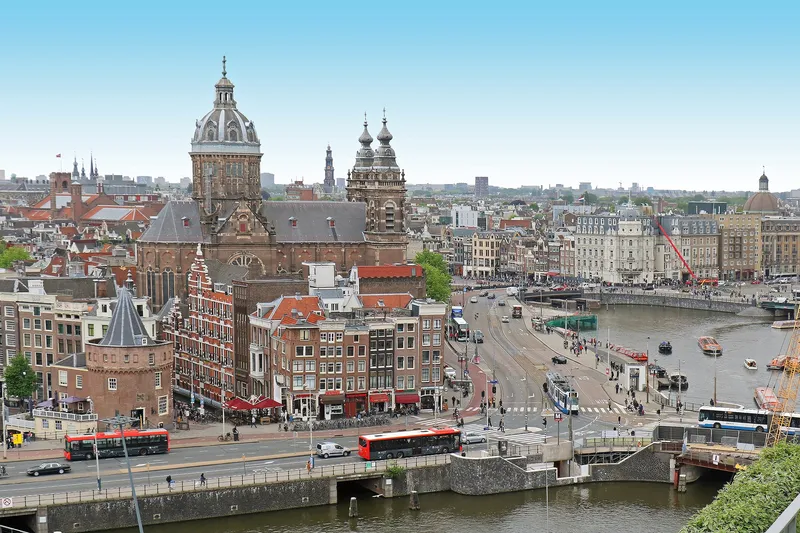With a total of 50 buses running on 34 routes, Stadtwerke Schweinfurt, Germany, has opted for a new e-ticketing solution from IVU Traffic Technologies to build up a flexible e-ticketing system in order to make bus travel more convenient for its customers.
November 20, 2015
Read time: 2 mins
With a total of 50 buses running on 34 routes, Stadtwerke Schweinfurt, Germany, has opted for a new e-ticketing solution from 8275 IVU Traffic Technologies to build up a flexible e-ticketing system in order to make bus travel more convenient for its customers.
Based on the journeys made in a month, IVU’s back office system IVU.fare automatically calculates the best fare each time. It also manages customer data and handles all settlement, while operations management software IVU.fleet gathers the data from all vehicles and makes it available to the connected systems.
On the city buses, the on-board computer IVU.ticket.box, with an integrated ticket printer and card reader for e-ticketing, ensures precise data acquisition.
“Of all the systems we looked at, the IVU solution was most suited to our requirements,” said Harald Mendrock, deputy head of the public transport and automotive engineering department of Stadtwerke Schweinfurt. “In addition to the technical specifications, we were also particularly impressed by IVU's expertise and extensive experience in e-ticketing.”
Dr Andreas Gross-Weege, of the IVU Traffic Technologies AG Management Board, commented: “We are delighted to have gained Stadtwerke Schweinfurt as a new customer for our IVU.suite.”
Based on the journeys made in a month, IVU’s back office system IVU.fare automatically calculates the best fare each time. It also manages customer data and handles all settlement, while operations management software IVU.fleet gathers the data from all vehicles and makes it available to the connected systems.
On the city buses, the on-board computer IVU.ticket.box, with an integrated ticket printer and card reader for e-ticketing, ensures precise data acquisition.
“Of all the systems we looked at, the IVU solution was most suited to our requirements,” said Harald Mendrock, deputy head of the public transport and automotive engineering department of Stadtwerke Schweinfurt. “In addition to the technical specifications, we were also particularly impressed by IVU's expertise and extensive experience in e-ticketing.”
Dr Andreas Gross-Weege, of the IVU Traffic Technologies AG Management Board, commented: “We are delighted to have gained Stadtwerke Schweinfurt as a new customer for our IVU.suite.”










